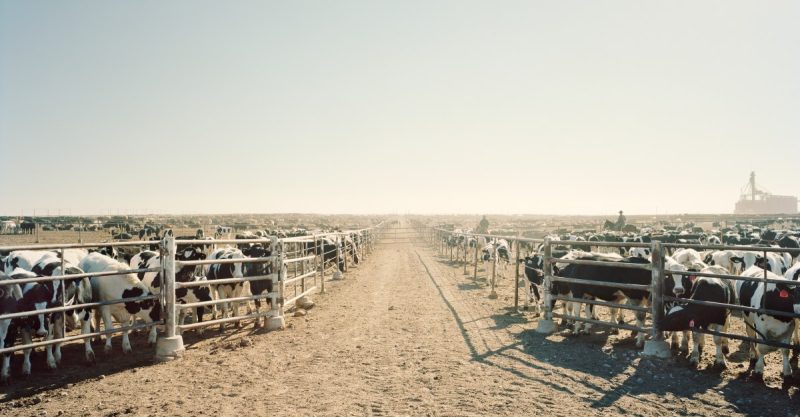
The future of food is inextricably linked to how we use land. Feeding a growing global population while mitigating climate change presents a significant challenge. A crucial resource constraint is land, with agriculture consuming nearly half of our planet’s habitable land. This highlights the inefficiency of current agricultural practices, particularly beef farming, which uses a vast amount of land to produce a relatively small amount of calories.
This unsustainable model is further complicated by the need for massive amounts of critical minerals for renewable energy infrastructure. Building wind turbines and solar panels, and the grids to support them, requires significant land use and the extraction of resources like copper. We are facing a brutal trade-off: how do we feed billions while simultaneously transitioning to a sustainable energy future?
Some argue that factory farming, despite its ethical concerns, presents a solution. By increasing efficiency and reducing land use per unit of food produced, it could potentially alleviate some pressure on land resources. However, this approach raises significant ethical questions about animal welfare and environmental impacts beyond land use, such as greenhouse gas emissions and water pollution.
The debate surrounding factory farming and its role in feeding the planet is complex and multifaceted. There is no easy answer, and finding a sustainable solution requires a nuanced understanding of the trade-offs involved. Exploring alternative protein sources, improving agricultural practices, and reducing food waste are all essential parts of the solution. The future of food hinges on our ability to navigate this complex landscape responsibly and ethically.










